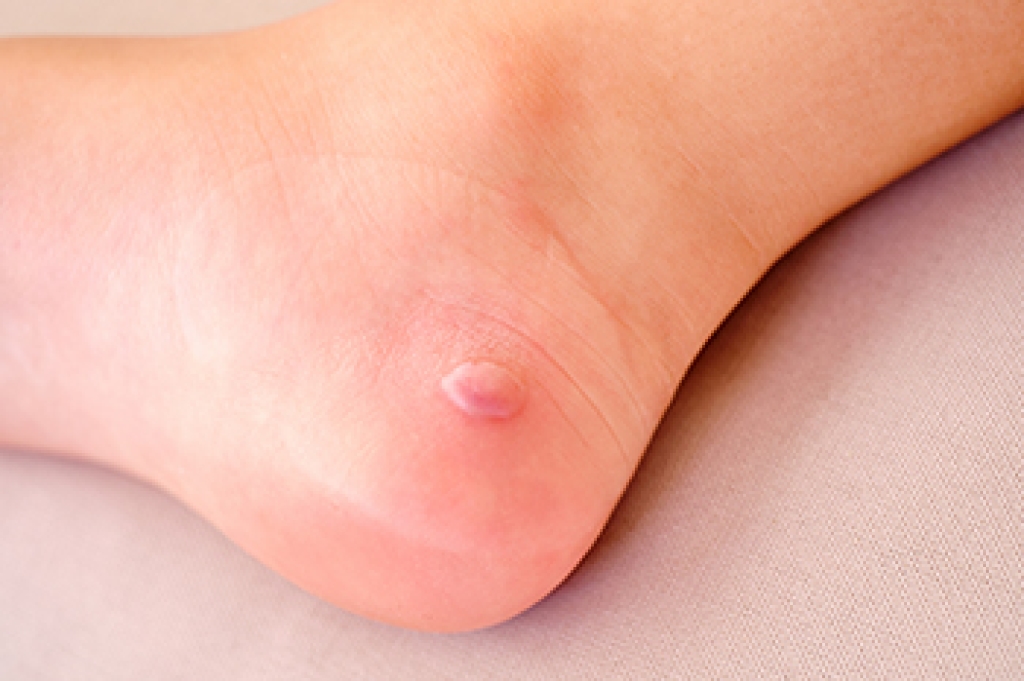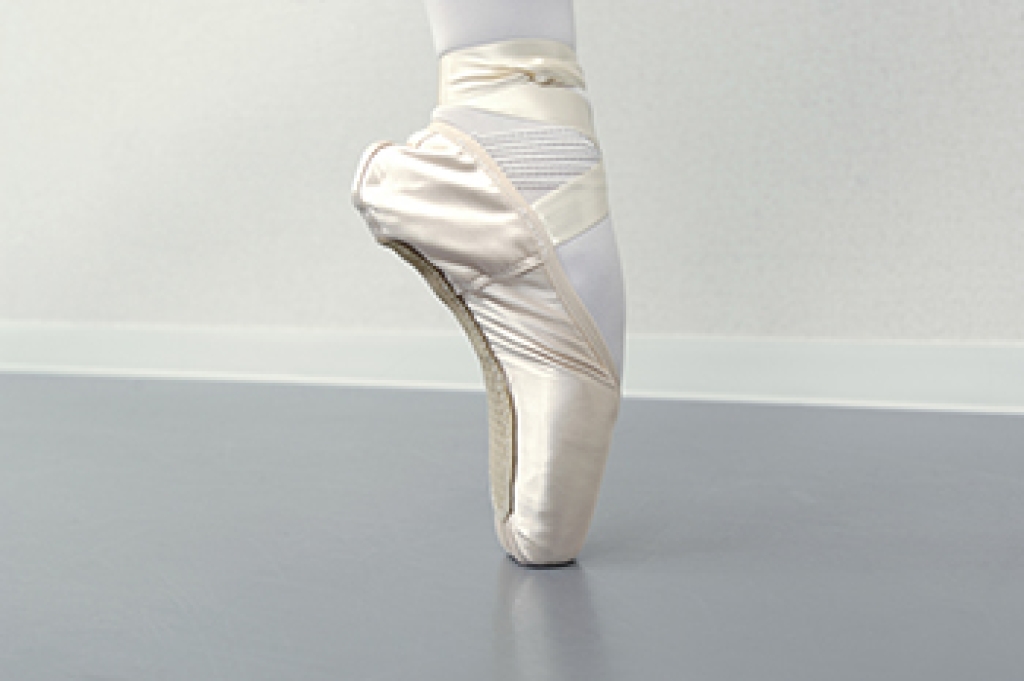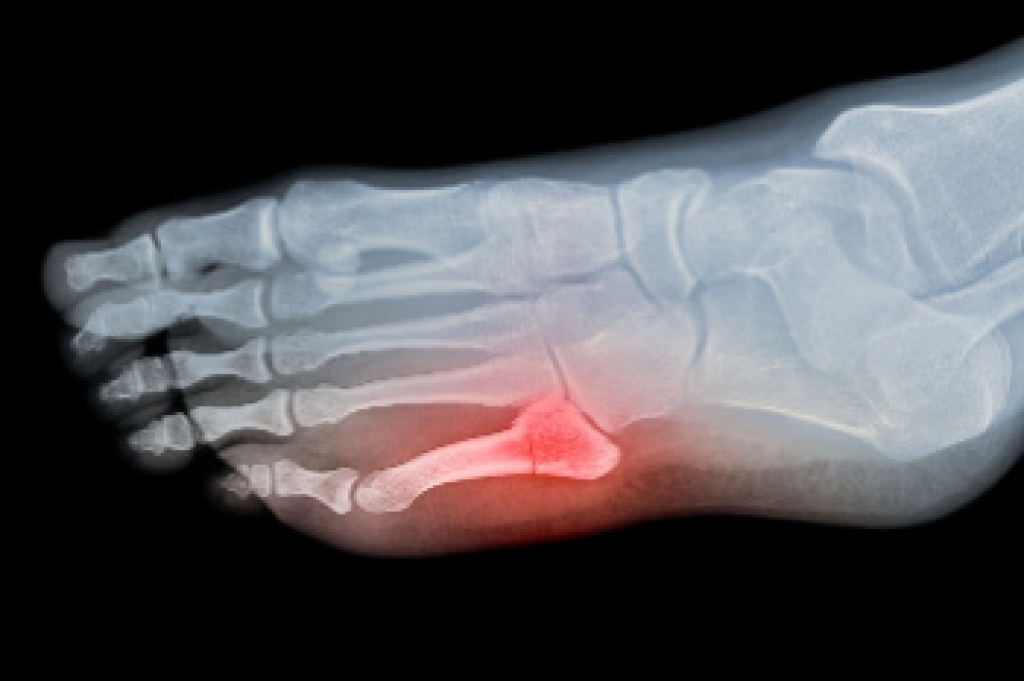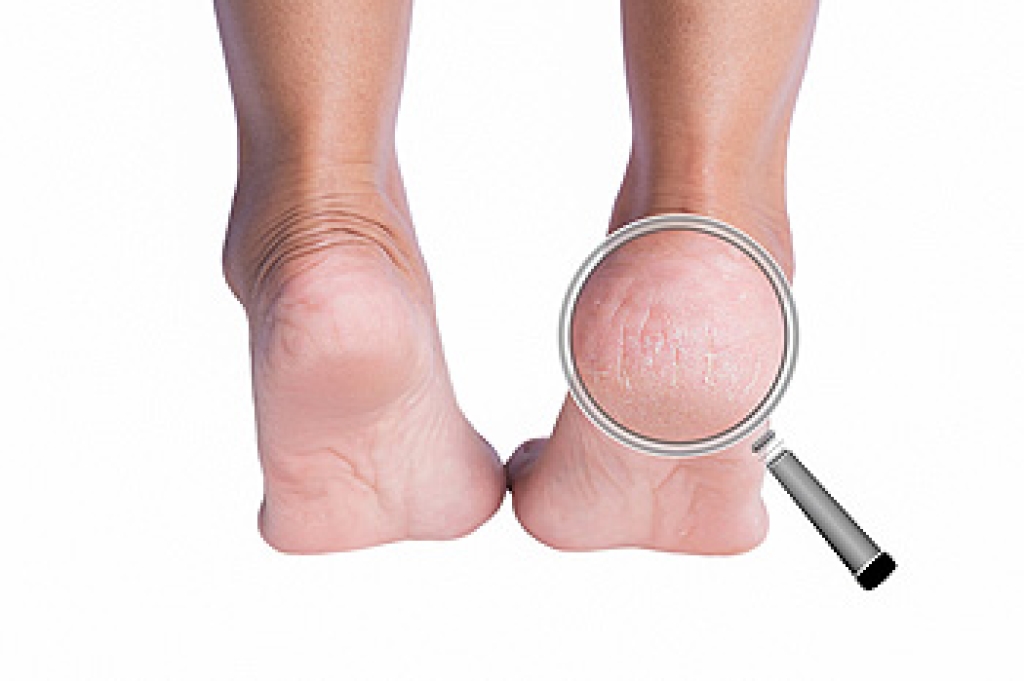Blog
Why Foot Blisters Form and How to Treat Them

Foot blisters develop when repeated friction, heat, or moisture causes the upper layers of skin to separate and fill with fluid. They commonly form during walking, running, or exercise, especially when shoes rub against the skin. New or poorly fitting footwear, thin socks, and seams inside shoes often increase friction. Excess moisture from sweating softens the skin, making it more vulnerable to blister formation. Foot structure can also play a role, as bunions, hammertoes, or prominent bones may create pressure points. Blisters are frequently seen during long periods of activity or sudden increases in exercise. Treatment focuses on protecting the area and reducing further irritation. Padding, blister covers, breathable socks, and properly fitted shoes help promote healing. Intact blisters should generally be left unbroken to reduce infection risk, especially without being under the care of a podiatrist. If blisters are recurrent, painful, or slow to heal, it is suggested that an evaluation by a podiatrist can help identify underlying causes, and guide treatment.
Blisters are prone to making everyday activities extremely uncomfortable. If your feet are hurting, contact Deborah Rosenfeld of Rosenfeld Podiatry. Our doctor can provide the care you need to keep you pain-free and on your feet.
Foot Blisters
Foot blisters develop as a result of constantly wearing tight or ill-fitting footwear. This happens due to the constant rubbing from the shoe, which can often lead to pain.
What Are Foot Blisters?
A foot blister is a small fluid-filled pocket that forms on the upper-most layer of the skin. Blisters are filled with clear fluid and can lead to blood drainage or pus if the area becomes infected.
How Do Blisters Form?
Blisters on the feet are often the result of constant friction of skin and material, usually by shoe rubbing. Walking in sandals, boots, or shoes that don’t fit properly for long periods of time can result in a blister. Having consistent foot moisture and humidity can easily lead to blister formation.
Prevention & Treatment
It is important to properly care for the affected area in order to prevent infection and ease the pain. Do not lance the blister and use a Band-Aid to provide pain relief. Also, be sure to keep your feet dry and wear proper fitting shoes. If you see blood or pus in a blister, seek assistance from a podiatrist.
If you have any questions, please feel free to contact our office located in Marlton, NJ . We offer the newest diagnostic and treatment technologies for all your foot care needs.
Foot Bone Coordination in Ballet and Podiatric Support

In ballet, the bones of the foot work together to create strength, grace and precise control. Proper alignment allows dancers to move smoothly while maintaining balance and stability. In first position, the feet turn outward from the hips with the heels close together, creating a stable base that requires even weight distribution through the foot bones. In second position, the feet remain turned outward, but are spaced apart increasing the base of support and allowing greater balance, movement and freedom. These positions rely on coordinated function of the bones, joints, and muscles to manage space and control body weight. A podiatrist can help dancers by evaluating foot mechanics, addressing pain, and preventing injury through supportive care. If foot discomfort affects your dancing, it is suggested that you consult a podiatrist who can provide effective relief techniques, enabling you to dance freely again.
If you have any concerns about your feet, contact Deborah Rosenfeld from Rosenfeld Podiatry. Our doctor can provide the care you need to keep you pain-free and on your feet.
Biomechanics in Podiatry
Podiatric biomechanics is a particular sector of specialty podiatry with licensed practitioners who are trained to diagnose and treat conditions affecting the foot, ankle and lower leg. Biomechanics deals with the forces that act against the body, causing an interference with the biological structures. It focuses on the movement of the ankle, the foot and the forces that interact with them.
A History of Biomechanics
- Biomechanics dates back to the BC era in Egypt where evidence of professional foot care has been recorded.
- In 1974, biomechanics gained a higher profile from the studies of Merton Root, who claimed that by changing or controlling the forces between the ankle and the foot, corrections or conditions could be implemented to gain strength and coordination in the area.
Modern technological improvements are based on past theories and therapeutic processes that provide a better understanding of podiatric concepts for biomechanics. Computers can provide accurate information about the forces and patterns of the feet and lower legs.
Understanding biomechanics of the feet can help improve and eliminate pain, stopping further stress to the foot.
If you have any questions please feel free to contact our office located in Marlton, NJ . We offer the newest diagnostic and treatment technologies for all your foot and ankle needs.
Broken Toes and Podiatric Care

A broken toe is a fracture of one or more of the small bones in the toe, often resulting from sudden trauma. Common causes include a heavy object falling on the foot, or forceful stubbing against furniture or hard surfaces. Symptoms usually involve pain, swelling, bruising, and difficulty walking. Discolored toenails may appear when bleeding occurs beneath the nail. Diagnosis is typically made through a physical exam and imaging, such as X-rays, to confirm the fracture and its severity. Risk factors include sports activities, poor footwear protection, and balance issues. If you have symptoms of a broken toe, it is suggested that you promptly consult a podiatrist who can provide an accurate diagnosis, stabilize the toe, manage pain, and guide proper healing.
A broken toe can be very painful and lead to complications if not properly fixed. If you have any concerns about your feet, contact Deborah Rosenfeld from Rosenfeld Podiatry. Our doctor will treat your foot and ankle needs.
What to Know About a Broken Toe
Although most people try to avoid foot trauma such as banging, stubbing, or dropping heavy objects on their feet, the unfortunate fact is that it is a common occurrence. Given the fact that toes are positioned in front of the feet, they typically sustain the brunt of such trauma. When trauma occurs to a toe, the result can be a painful break (fracture).
Symptoms of a Broken Toe
- Throbbing pain
- Swelling
- Bruising on the skin and toenail
- The inability to move the toe
- Toe appears crooked or disfigured
- Tingling or numbness in the toe
Generally, it is best to stay off of the injured toe with the affected foot elevated.
Severe toe fractures may be treated with a splint, cast, and in some cases, minor surgery. Due to its position and the pressure it endures with daily activity, future complications can occur if the big toe is not properly treated.
If you have any questions, please feel free to contact our office located in Marlton, NJ . We offer the newest diagnostic and treatment technologies for all your foot care needs.
Cracked Heels and Why Proper Foot Care Matters

Cracked heels are a common foot condition where the skin surrounding the heel becomes dry, thickened, and split. Symptoms may include rough skin, visible fissures, pain, bleeding, and discomfort when walking. This condition often develops due to a lack of moisture, repetitive pressure on the heel, wearing open back shoes, and the buildup of dead skin cells. Medical conditions such as diabetes, eczema, and poor circulation can also contribute to cracked heels. Risk factors include prolonged standing, obesity, aging skin, and walking barefoot on hard surfaces. A podiatrist can safely remove thickened skin, treat painful cracks, recommend moisturizing treatments, and address underlying health concerns. If cracked heels are causing pain or affecting daily activities, it is suggested that you consult a podiatrist who can offer effective treatment solutions, which may include prescribed medication.
Cracked heels are unsightly and can cause further damage to your shoes and feet. If you have any concerns, contact Deborah Rosenfeld from Rosenfeld Podiatry. Our doctor can provide the care you need to keep you pain-free and on your feet.
Cracked Heels
Cracked heels appear unappealing and can make it harder for you walk around in sandals. Aside from looking unpleasant, cracked heels can also tear stockings, socks, and wear out your shoes. There are several methods to help restore a cracked heel and prevent further damage.
How Do You Get Them?
Dry skin is the number one culprit in creating cracked heels. Many athletes, walkers, joggers, and even swimmers suffer from cracked heels. Age and skin oil production play a role to getting cracked heels as well.
Promote Healing
Over the counter medicines can help, especially for those that need instant relief or who suffer from chronic dry feet.
Wear Socks – Wearing socks with medicated creams helps lock in moisture.
Moisturizers – Applying both day and night will help alleviate dryness which causes cracking.
Pumice Stones – These exfoliate and remove dead skin, which allows for smoother moisturizer application and better absorption into the skin.
Change in Diet
Eating healthy with a well-balanced diet will give the skin a fresh and radiant look. Your body responds to the kinds of food you ingest. Omega-3 fatty acids and zinc supplements can also revitalize skin tissue.
Most importantly, seek professional help if unsure how to proceed in treating cracked heels. A podiatrist will help you with any questions or information needed.
If you have any questions, please feel free to contact our office located in Marlton, NJ . We offer the newest diagnostic and treatment technologies for all your foot care needs.


